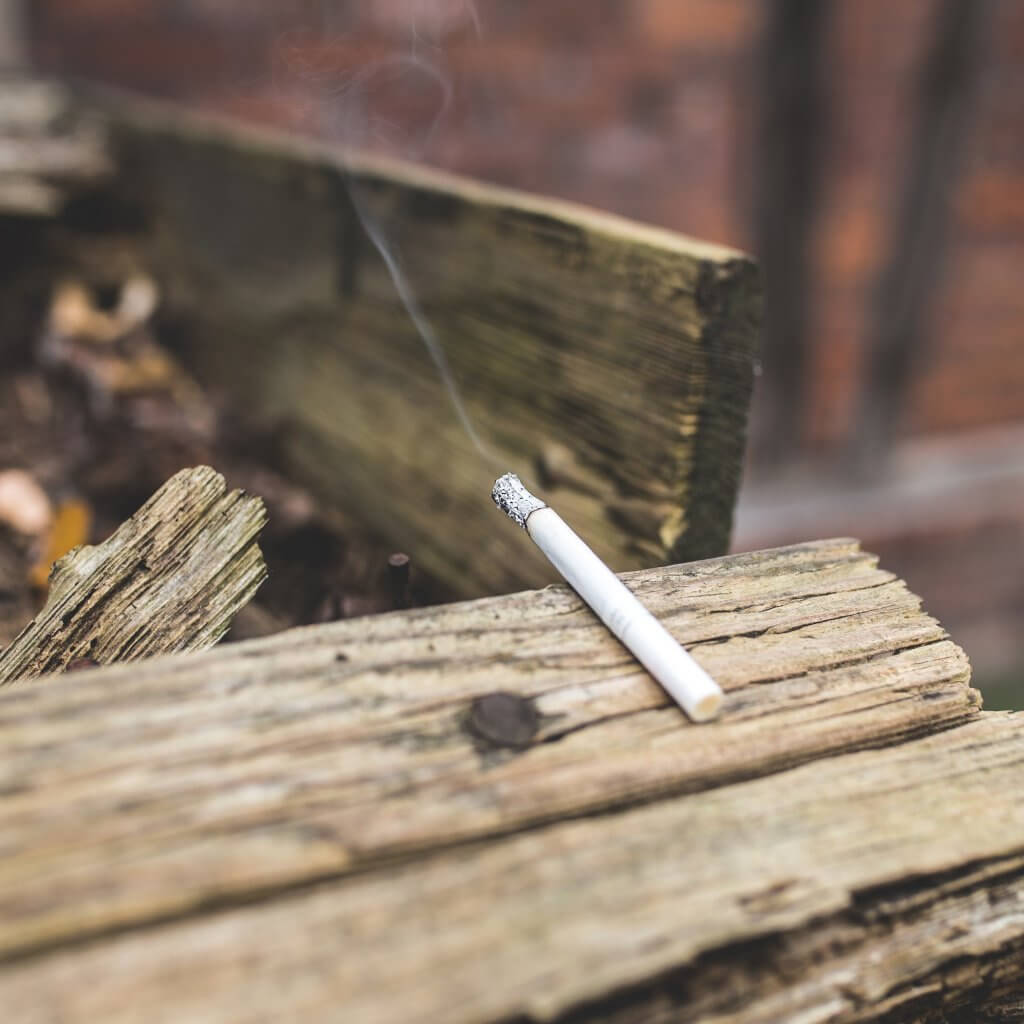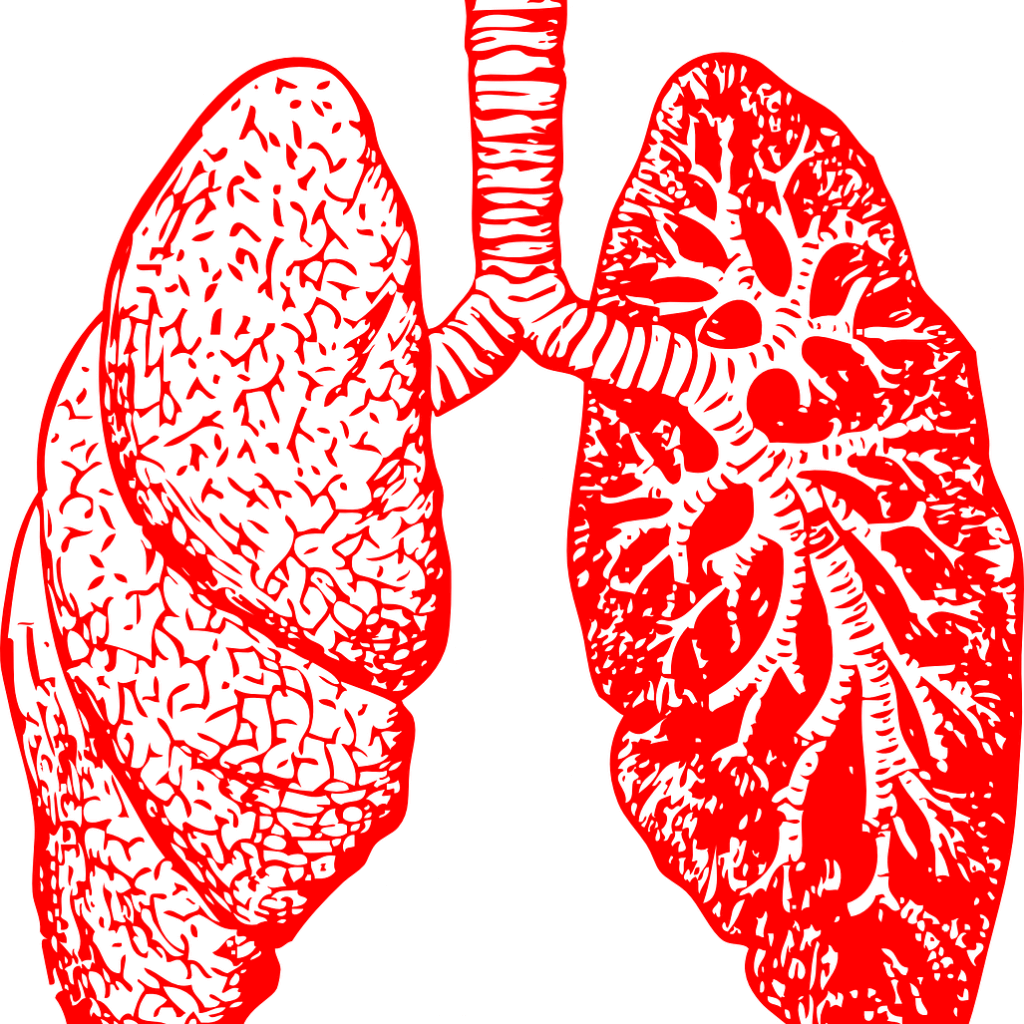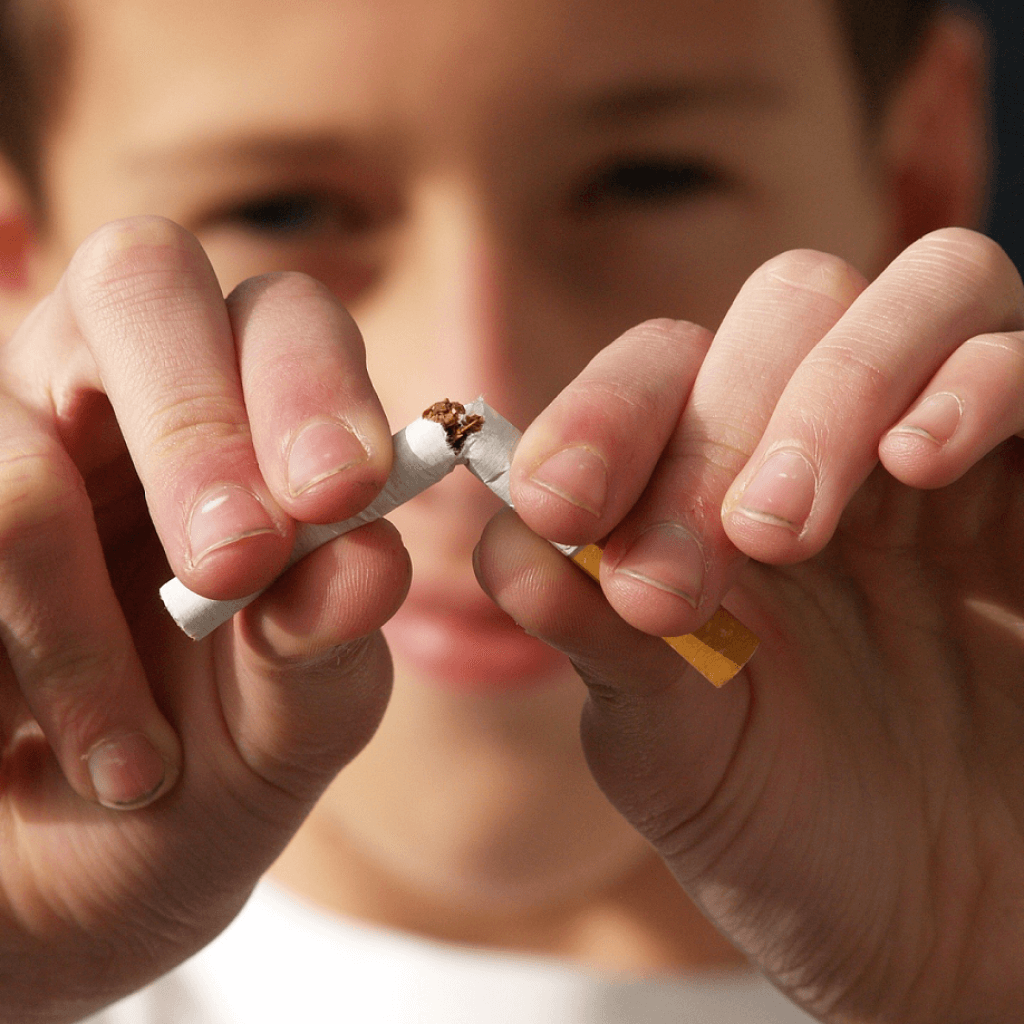Running and Smoking: What You Should Know

Unlike several “grey” issues, the topic of running and smoking is pretty black and white. Smoking is bad for your health, period. And yet there are several excellent runners out there who cool down with a cigarette in hand and appear to be completely unaffected. So what exactly is the deal with running and smoking? Just how bad is running and smoking for you? And can running help you kick the habit, should you wish to? Let’s find out.

The Unvarnished Truth
But before we have a look at the impact of tobacco smoke on the runner’s body, let’s remind ourselves what exactly is in a cigarette. A little tobacco wrapped in the paper doesn’t sound too harmful. Think again. Because in reality, a smoker is exposed to more than 7 000 different chemicals each time he or she lights up. It includes an established list of 93 harmful and potentially harmful constituents, which are classified as being carcinogens (cancer-forming), respiratory toxins, cardiovascular toxins, reproductive or developmental toxins, and addictive substances.

Together, these constituents wreak havoc on the human body, and contribute to the following types of cancer:
- Cancer of the mouth
- Lung cancer
- Cancer of the voice box
- Cancer of the throat
- Kidney cancer
- Cancer of the esophagus
- Cancer of the cervix
- Bladder cancer
- Liver cancer
- Cancer of the pancreas
- Cancer of the stomach
- Myeloid leukemia
- Cancer of the colon
But smoking doesn’t only cause cancer. Also, it causes damage to the heart, blood vessels, reproductive organs, mouth, skin, eyes, and bones. Which, let’s face it, is not a pretty picture.
Smoking and Running Performance
In addition to the illnesses and conditions mentioned above, smoking also has a distinct impact on running performance. So what exactly happens to the athlete’s body when it inhales cigarette smoke? In very simplified terms, carbon monoxide, one of the byproducts of burning tobacco, binds super strongly to hemoglobin. And if you think back to high school biology, you’ll remember that hemoglobin is responsible for transporting oxygen through the blood. So, in effect, by inhaling cigarette smoke, an athlete is blocking the binding sites for oxygen in the blood, which results in less oxygen being transported to the working muscles. Which contributes to a less than ideal running experience.
It was confirmed by Suminski et al. in 2009, who found that maximal oxygen consumption (or VO2max) is significantly lower in heavy smokers than in non-smokers. Which, in essence, translates to a decreased running performance for smokers when compared to that of non-smokers on the same amount of training.

And while it’s impossible to list all the negative impacts of smoking on the runner’s body here, there are two more worth highlighting. Did you know that smoking may contribute to energy depletion in the body? A team from the University of Louisville found in 1999 that, when smoking at rest, study participants expended 3.6% more energy than non-smokers. It almost doubled to 6. 3% during light exercise – energy that you would no doubt rather be spending on your running efforts.
In the same study as above, cigarette smoking was also found to cause a significant increase in heart rate during light exercise, which all shows that smoking taxes the athlete’s body in several less desirable ways.
Can Running Help You Kick the Habit?
So what is the best way to kick the habit? Unfortunately, statistics aren’t very encouraging in this regard. In the UK alone, a promising 63% of all smokers are believed to be eager to stop. Sadly, only 3 to 5% of unassisted efforts to stop smoking are successful after 6 to 12 months. In reality, the majority of individuals who stop smoking will re-light within eight days.
But there is good news too! And the news is even better for running smokers. There is convincing evidence that activities such as running can lower your desire to smoke. UK scientists reviewed 19 different studies on the subject in 2013 and found a negative correlation between physical activity and smoking in everyone. After as little as 5 to 40 minutes of moderate to vigorous exercise, the craving to smoke decreased in all of the study participants, which underlines the value of a single running session when the desire to smoke strikes. Simply lace up and run!

And for non-running smokers, the news is pretty good as well. Because not only will the act of taking up running help curb your nicotine cravings, it will also give you a healthy habit (or addiction, if you will) to replace smoking.
Take, for example, Ken Thomas, who went from smoking 2.5 packs of cigarettes per day to running ultra marathons. Nearing retirement, Ken wanted to enjoy the next chapter of his life, and not spend it sick and unhealthy. A combination of running and smoking was not an option, so he tackled small benchmarks at a time. Every time he felt like smoking, he put on his running shoes instead and ran to the postbox. The distance he’d run would increase every time, and soon he found himself running around the block. According to Ken, running gave him something else to focus on (instead of smoking), and it made him feel well, which encouraged him to run even more and stop smoking for good.
The Takeaway
Conclusion: Running and smoking should not go together. If you’re serious about your health and your running performance, do what you have to do to give up smoking and get healthy. Not only will you feel significantly better, but you’ll end up getting so much more out of life and running as well. You can do it!
Sources
- , Runner confesses unhealthy habit , Online publication
- , Physical activity reduces cigarette cravings, Scientific journal
- , Exercise curbs nicotine cravings, Online publication
- , The effects of smoking on running, Online publication
- , The effect of habitual smoking on measured and predicted VO2max, Scientific journal
- , The effect of smoking on energy expenditure and plasma catecholamine and nicotine levels during light physical activity., Scientific journal
- , Cigarettes, Website
- , Health risks of smoking tabacco, Online publication
- , Ken Thomas: How I Stopped Smoking and Started Running, Online publication
Latest Articles
 Is Running on a Treadmill Easier Than Running Outside?Runners have their own preferences, whether it is treadmill running, running outside on the road, or exploring trails. So...
Is Running on a Treadmill Easier Than Running Outside?Runners have their own preferences, whether it is treadmill running, running outside on the road, or exploring trails. So... Is It OK to Use Trail Running Shoes on the Road?While trail running shoes can be used on roads, especially in situations where a runner encounters mixed terrains or pref...
Is It OK to Use Trail Running Shoes on the Road?While trail running shoes can be used on roads, especially in situations where a runner encounters mixed terrains or pref... How to Fix Sore Quads After Running?Rest, ice, gentle stretching, and over-the-counter pain relievers can help soothe sore quads after running. Also, ensure ...
How to Fix Sore Quads After Running?Rest, ice, gentle stretching, and over-the-counter pain relievers can help soothe sore quads after running. Also, ensure ... 10 Fruits With The Most Electrolytes to Replace Sports DrinksThese fruits are high in electrolytes such as potassium, magnesium, and calcium, essential for hydration, muscle function...
10 Fruits With The Most Electrolytes to Replace Sports DrinksThese fruits are high in electrolytes such as potassium, magnesium, and calcium, essential for hydration, muscle function...

